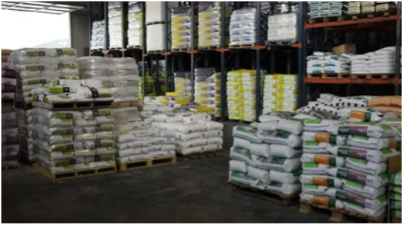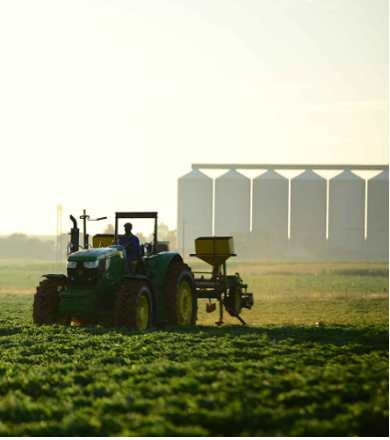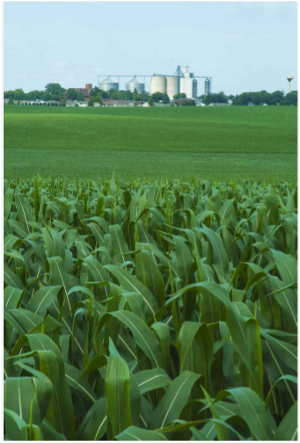The role of Co-Ops in the agricultural retail.
- Donna-Lee Desiderio

- Jan 9, 2024
- 2 min read
Cooperatives (Co-Ops) have had a significant impact on agricultural retail. They are collective organizations formed by farmers or agricultural producers to pool their resources and improve their economic and social well-being. Here are some key impacts of Co-Ops in agricultural retail:
Market Access: Co-Ops enable small and medium-sized farmers to collectively market their products. At NU-PRO Commodities, we serve as the vital connection, by suppling Raw materials to Agricultural Retail directly bought from the supplier.
Bulk Purchasing: Co-Ops often purchase inputs like seeds, fertilizers, and equipment in bulk, which reduces costs for agricultural Retail. NU-PRO often buys a position on import Urea Prills and Granulars to ensure best possible price to our clients.
3. Risk Sharing: Agricultural production is inherently risky due to weather, pests, and market fluctuations. NU-PRO helps our clients by hedging grain prices on Safex.
4. Knowledge Sharing: Co-Ops provide a platform for members to share information and best practices. This collective knowledge can lead to improved agricultural techniques and better crop yields. NU-PRO always strives to give the Co-ops the best possible advice on price management and market info.
5. Value-Added Processing: Some Co-Ops engage in value-added activities, such as processing raw agricultural products into finished goods. This can add value to the products and increase profitability for members. NU-PRO also engaged in the production of Full Fat Soya at our own plant in Bethlehem.
6. Access to Credit: Co-Ops can often secure credit for their members, which is crucial for investing in infrastructure, equipment, or expanding operations.
7. Environmental Stewardship: Co-Ops can promote sustainable agricultural practices and environmental stewardship, helping members adopt more eco-friendly farming methods.
8. Community Development: Co-Ops can have a positive impact on rural communities by creating jobs, supporting local economies, and fostering a sense of community among members. NU-PRO is involved in several community projects supporting underprivileged people.
9. Political Influence: Co-Ops can collectively advocate for agricultural policies and regulations that benefit their members, giving them a stronger voice in government decisions.
10. Quality Assurance: By setting and adhering to specific quality standards, Co-Ops can ensure that their products meet market demands and maintain a good reputation. NU-PRO assure quality Raw materials, by supplying Certificate of analysis for each product being sold.
Overall, Co-Ops have been instrumental in empowering small farmers, improving their economic viability, and enhancing the sustainability of agricultural practices. They play a vital role in the agricultural retail sector by promoting cooperation, reducing costs, and increasing market access for their members.
Donna-Lee Desiderio




















Comments